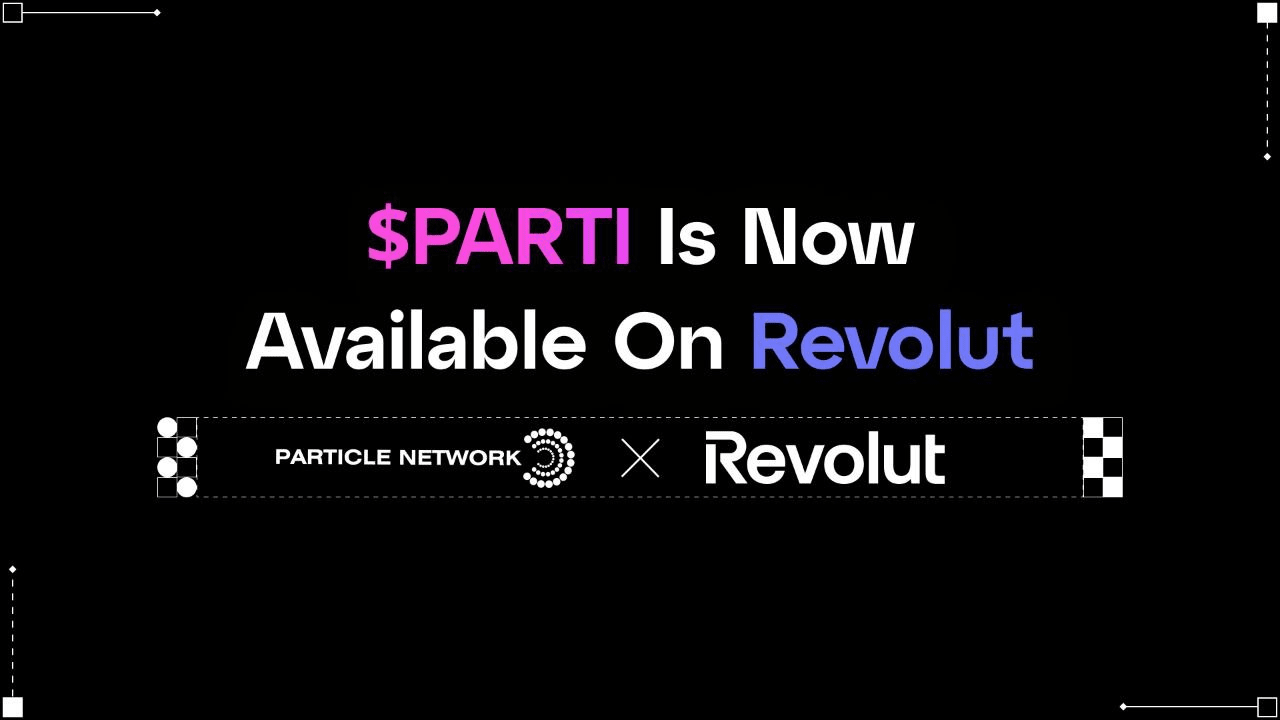 Today, let's talk about the on-chain integration of RWA (Real World Assets). In the past two years, this topic has been as popular as iced American coffee in summer — no one can ignore it, and everyone wants to take a sip. But when you really want to get involved, you find there are two big pitfalls in front of you: the on-chain experience is overly complex, and the regulatory thresholds are so high that ordinary people can't even reach the doorstep.
Today, let's talk about the on-chain integration of RWA (Real World Assets). In the past two years, this topic has been as popular as iced American coffee in summer — no one can ignore it, and everyone wants to take a sip. But when you really want to get involved, you find there are two big pitfalls in front of you: the on-chain experience is overly complex, and the regulatory thresholds are so high that ordinary people can't even reach the doorstep.
$PARTI's universal trading layer is one of the few projects that genuinely aims to solve these two problems — it has made on-chain trading an experience comparable to that of a broker, and it has partnered with the big players Circle and Revolut.
In the past, playing DeFi required you to know how to use wallets, pay Gas fees, and navigate cross-chain processes; the whole process was very complicated. $PARTI's Universal Account technology hides all these details in the backend, providing users with a front-end experience that is as simple as scanning a code to pay for bubble tea.
I think this move is very clever because most people don't care which chain you are transacting on; they only care about two things: is it convenient and is it sellable. If you tell them they need to open a wallet, store Gas, and bridge, they might just turn around and leave.
Strong collaborative resources
$PARTI has boarded two big ships: Circle (the issuer of USDC) and Revolut (the largest digital bank in Europe). Circle is responsible for stablecoin settlement, ensuring smooth USD liquidity; Revolut directly brings in 60 million users, which is like you just opened a store next to Europe's Alipay, and you are in a partnership.
In other words, ordinary people in Europe will be able to buy on-chain US stocks, US bonds, and even ETFs using their Revolut account balance in the future, without needing to open additional accounts or go through KYC, just like buying a cup of coffee. For them, trusting Revolut is instinctive, and $PARTI just needs to work quietly in the background.
The application prospects are broad: retail investors in Asia, Africa, and Latin America can also catch the bottom of US stocks.
If $PARTI can really land in places like Asia, Africa, and Europe, it means one thing — as long as there is U, one can buy high-quality global assets without the cumbersome procedures of cross-border investments.
Imagine a young person in Africa who has Revolut on their phone, and with just a few taps, they buy Apple stock. How many layers of brokers and banks would this have required before? Now it’s all gone.
For DeFi, this will bring higher on-chain transaction volumes and stablecoin circulation; for ordinary people, this is the first time they genuinely feel that the global market is only a network cable away.
$PARTI is not just a technical product; it is more like a middleman between traditional finance and the crypto world, understanding the language of both sides and capable of navigating processes on both sides. What it does is — help ordinary people around the world make investing in global assets as simple as ordering takeout.
If it can really run smoothly, $PARTI is not only a player in the RWA track but could also become the default entry point for future cross-border investments.